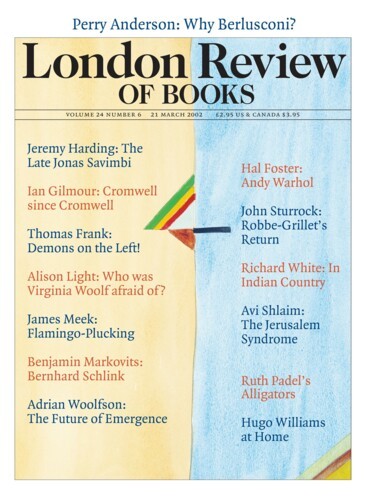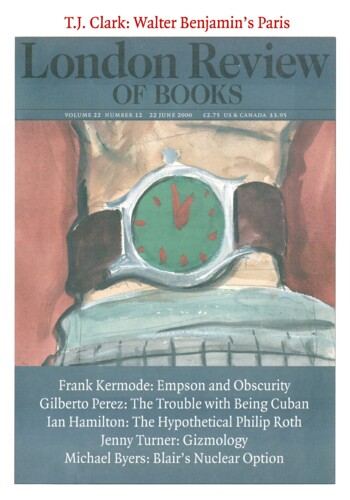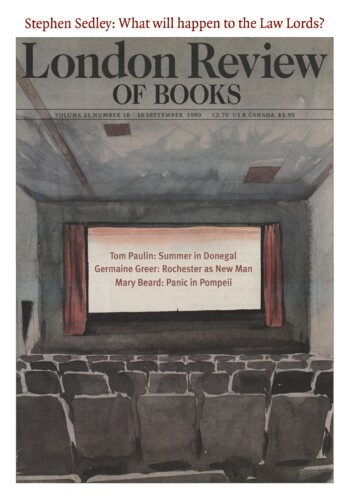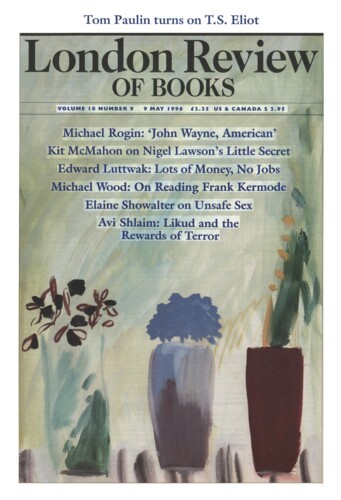Capital Folly: The Jerusalem Syndrome
Avi Shlaim, 21 March 2002
More than any other capital city, Jerusalem demonstrates the power of symbols in international politics. The conflict between Israel and the Palestinians is one of the most bitter and protracted of modern times, and the Jerusalem question, a compound of religious zealotry and secular jingoism, lies at its heart. The Oslo Accords, which launched the Palestinians on the road to self-government,...





